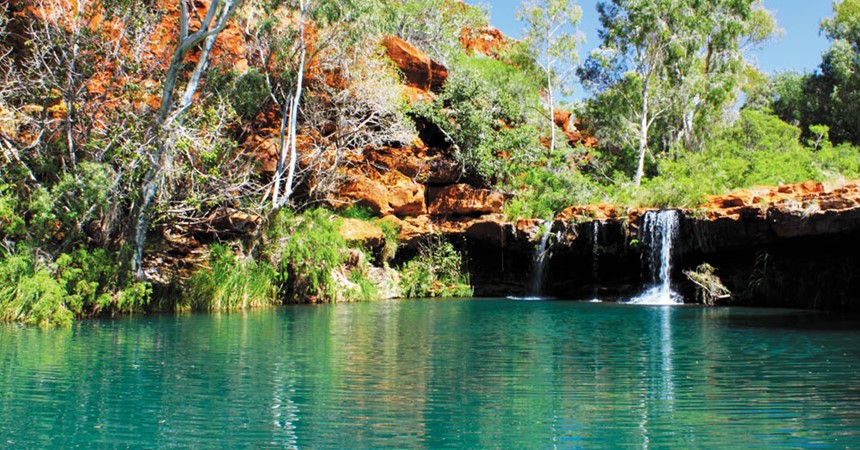I believe Australia Day is a day of special significance for all Australians. It takes time for newcomers to understand the true meaning of ‘being Australian’ and to come to terms with their decision – if they had a real choice − to leave one life behind and begin a new one in a country with different stories and perspectives, birth-marked by the great Southern Cross.
Australia is a vast country – a “land of sweeping plains….flooding rains” − but it is more than that. It is a land where indigenous people roamed for thousands of years, unknown to the rest of civilisation, and where Europeans arrived one day and settled on the land to build an empire based on sheep and farming and mining. It is a country where men and women grew tough and resilient in a harsh climate and adjusted to what the indigenous people had already conquered – isolation, disease and hardships.
Prisoners were brutally treated in the early settlement of this country. For next-to-nothing crimes they had committed in Great Britain, they had lost the countries of their birth, lost families and friends and lost their dignity. Pioneers braved the unknown with heroism and determination. All these unlikely elements combined to build the country we know today.
From the pages of their minds, poets, like Paterson and Lawson and Stewart, Kendall and Slessor, poured forth volumes of history and stories and ballads about Australia. Kendall took us to “channels of coolness [where] the echoes are calling” and where “softer than slumber, and sweeter than singing, the notes of the bell-birds are running and ringing”.
In his wonderful poem, “Five Bells”, Slessor gave us this brilliant description of Sydney Harbour, observing that “the Harbour floats in the air, the Cross hangs upside down in water”.
Early in the First World War, Laurence Binyon in “For the Fallen” described our soldiers:
“They went with songs to the battle, they were young
Straight of limb, true of eye, steady and aglow.
They were staunch to the end against odds uncounted
They fell with their faces to the foe.”
How many of us have thrilled to the sound of the hooves of mountain men as they strove to keep up with The Man from Snowy River or felt the terror of the drover’s wife as she cocks her gun at the snake?
I still thrill to the flags fluttering from many homes on Australia Day, of watching whole families with our flag draped around their bodies in the form of t-shirts, shirts, swimmers – anything wearable. I rejoice in the families gathering in our many parks, barbecuing “snags” and the inevitable onions and tomato sauce, playing cricket or just kicking a ball around.
Someone has a radio blaring and the sound of “I still call Australia home” always brings tears to my eyes. How many of us returning from overseas look at this land as we leave the aircraft or ship and say to ourselves, “I’m glad to be home”?
For people new to this great country, it is surely the hope of all Australians that those who seek freedom from persecution will find sanctuary and embrace the best of Australia. Drug addiction and drug-related crimes, racism and domestic and family violence certainly exist. There is an onus on each of us to do what we can, individually and collectively, to address these issues and build strong, united communities.
Yes, Australia Day is a great day to think about the legacy of our forebears, about personal responsibility and about the demands of the future. In fact, any day is a great day to reflect on what it means to be Australian.
I thank God that I was born in Australia.



























































































